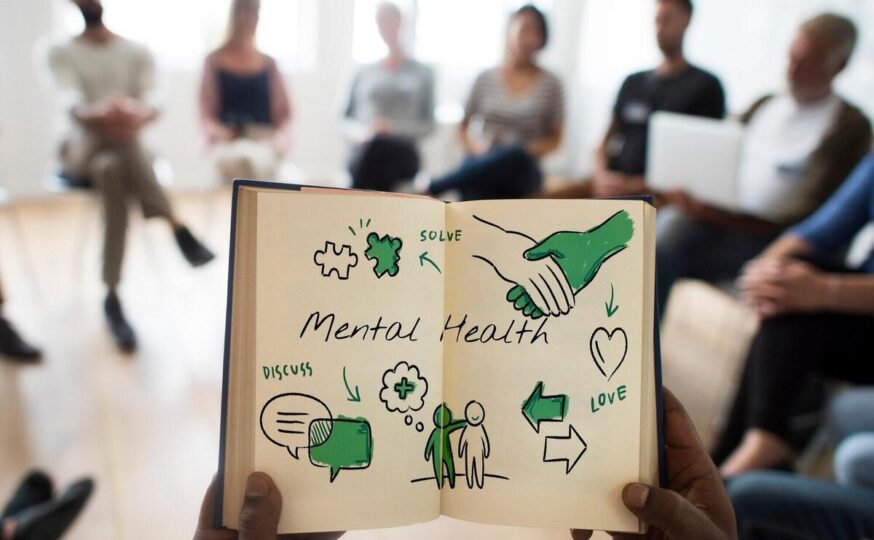Mental health is just as important as physical health, yet it is often overlooked. It refers to a person’s emotional, psychological, and social well-being, impacting how we think, feel, and act. Understanding this aspect of well-being is crucial for maintaining a balanced life and overcoming challenges. In this article, we will explore common issues, tips for improving your mental wellness, and resources that can help.
Why Mental Wellness Matters
Good mental well-being is a cornerstone of overall health. It influences how we handle stress, relate to others, and make decisions. When we are compromised in this area, it can lead to a variety of conditions like anxiety, depression, or even severe disorders such as bipolar disorder or schizophrenia.
Common Challenges in Psychological Health
Mental health disorders are more common than you might think. According to the World Health Organization, 1 in 4 people will experience some form of psychological condition at some point in their lives. The most common include:
-
Anxiety Disorders: Feelings of worry or fear that disrupt everyday activities.
-
Depression: Persistent sadness and a lack of interest in usual activities.
-
Obsessive-Compulsive Disorder (OCD): Unwanted repetitive thoughts and behaviors.
-
Post-Traumatic Stress Disorder (PTSD): Emotional distress following a traumatic event.
How to Improve Your Mental Wellness
Improving mental well-being doesn’t happen overnight, but there are practical steps that anyone can take to feel better and live a healthier life.
-
Practice Self-Care: Engage in activities that promote relaxation and reduce stress, such as yoga, meditation, or a hobby you enjoy.
-
Get Enough Sleep: Aim for 7-9 hours of sleep each night to support emotional regulation and overall health.
-
Exercise Regularly: Physical activity releases endorphins, which improve mood and reduce feelings of anxiety or depression.
-
Reach Out for Help: Don’t hesitate to talk to a therapist or counselor if you feel overwhelmed. Mental health professionals can offer valuable support.
Resources for Mental Well-Being:
If you’re struggling with mental issues, numerous resources are available to help. Consider reaching out to organizations such as:
-
National Alliance on Mental Illness (NAMI) – Provides free information, support, and education for individuals and families affected by mental health conditions.
-
Mental Health America (MHA) – Offers various online resources, including a screening tool for emotional health.
-
BetterHelp – Connects individuals with licensed therapists for online counseling.
Conclusion:
Mental well-being is a vital part of overall health, and understanding how to manage it effectively can lead to a happier, more fulfilling life. Whether you’re facing challenges or just seeking ways to improve your emotional wellness, it’s essential to prioritize your mental well-being.
Remember, taking small steps like practicing mindfulness, staying active, and seeking help when necessary can go a long way in ensuring your mental state remains strong.


















